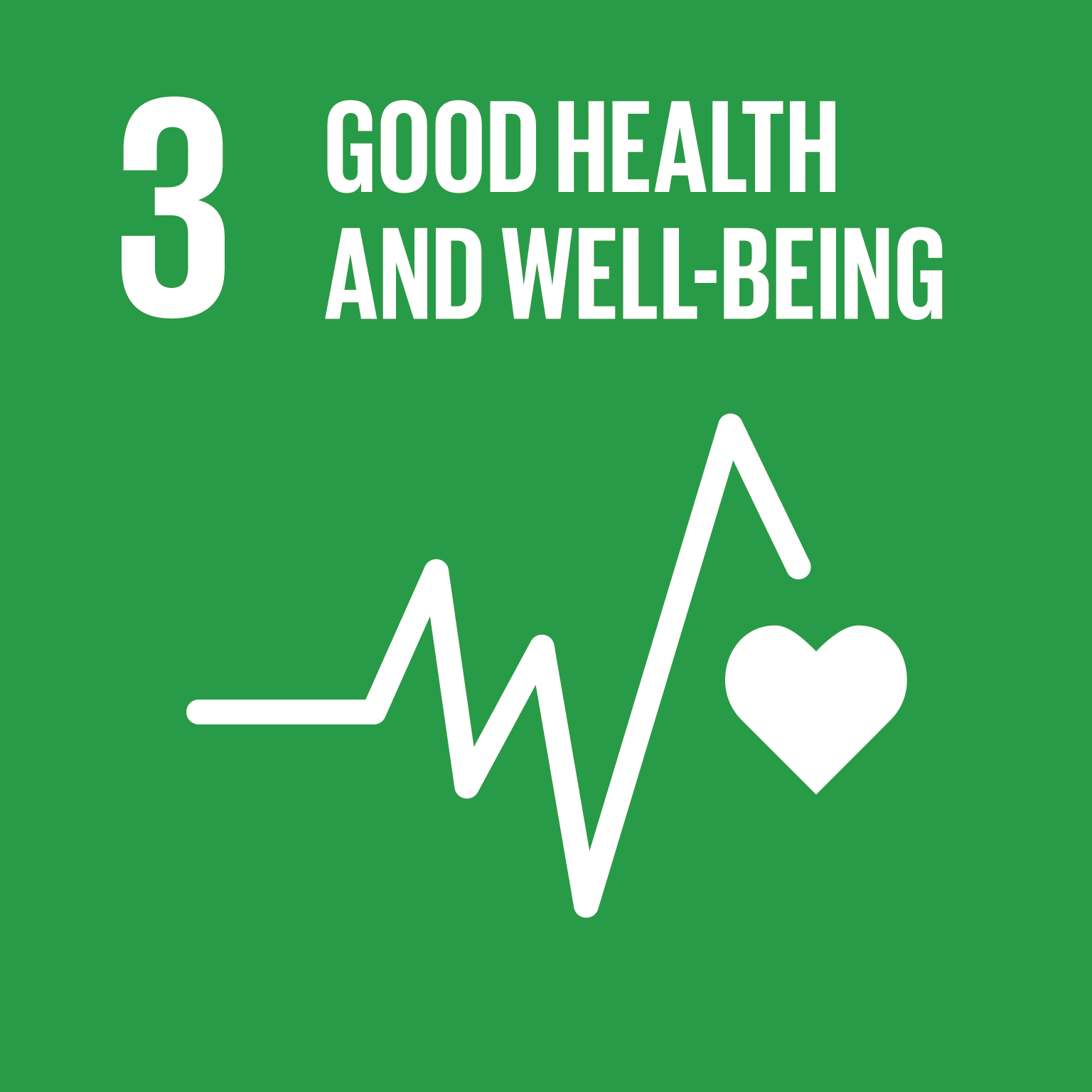 Alliance to Fight Avoidable Blindness
Campaign to uphold the right to sight in Africa
Alliance to Fight Avoidable Blindness
Campaign to uphold the right to sight in Africa

Challenges
Worldwide, more than 40 million people have completely lost their sight and over 300 million are partially sighted. It is estimated that 15.3 percent of the world’s blind population reside in Africa. Approximately 26.3 million people in the African region have a form of visual impairment. Of these, 20.4 million have low vision and 5.9 million are estimated to be blind.
Evidence indicates that the magnitude of avoidable blindness caused by communicable diseases like trachoma and onchocerciasis (river blindness) and ophthalmological complications in measles is decreasing, whereas noncommunicable age-related eye conditions (e.g., cataracts, glaucoma and diabetic retinopathy) are increasing. Due to the cost and shortage of qualified ophthalmologists and health facilities, people often cannot afford medical care and treatment.
Towards a Solution
To address this issue, the Azerbaijan International Development Agency (AIDA), within the framework of strategic cooperation with the Islamic Development Bank (IsDB), has supported since 2012 the IsBD-initiated Alliance to Fight Avoidable Blindness in 14 African countries. The main project partners in addition to IsDB and AIDA, are the national campaign countries (Benin, Burkina Faso, Chad, Cameroon, Cote d’Ivoire, Djibouti, Guinea, Libya, Mali, Mauritania, Mozambique, Niger and Somalia), the Egyptian Agency of Partnership for Development, the Humanitarian Relief Foundation (Türkiye), the Nadi Al-Basar North African Center for Sight and Visual Science, and the Prevention of Blindness Union (Saudi Arabia).
This long-term and successful campaign addresses a very important challenge, especially in sub-Saharan Africa, as cataracts are one of the most widely spread eye diseases in these countries, coupled with a lack of local ophthalmologist surgeons. Under the AIDA initiative, Azerbaijani ophthalmologists from the National Eye Centre participated in the campaign by sharing knowledge and experience with their colleagues from several African countries.
During the first phase of the campaign from 2009 to 2016, over 244,000 people in Africa received eye examinations and more than 49,000 patients who had partially or fully lost their eyesight regained their vision following cataract surgery carried out free of charge (so far, total numbers combined of the first and the second phase, over 300,000 patients have been screened and 60,000 operated on). In addition, 177 African doctors attended professional training making the provision of medical services by local specialists sustainable. Not only is regaining vision important for daily living, but importantly allows beneficiaries to work and earn a living.
In 2016, the project partners reviewed the successes of the campaign’s first phase and prepared objectives and prospects for a second phase in which cooperation is being enlarged and the beneficiaries reached is expanding. Over a five-year period ending in 2023, the Alliance to Fight
Avoidable Blindness plans to:
- realize 1.5 million cataract surgeries;
- prepare four national intervention programmes for the correction of refractive errors;
- carry out eye examinations on 10 million schoolchildren to detect ocular refractive errors and supply corrective glasses when necessary;
- enhance the capacities of six glaucoma treatment centres in member countries;
- enhance the capacities of at least three regional training centres; and
- enhance the capacities of 90 eye care specialists.
Since joining the Alliance to Fight Avoidable Blindness, Azerbaijan has allocated nearly US$ 1.5 million to support the delivery of eye health services in African countries, meeting SDGs 3, 8, 10 and 17. Official government institutions of beneficiary countries, including Chad, Cote d’Ivoire and Niger, have expressed their gratitude for Azerbaijan’s support to the Alliance.
This project’s longevity and strong partnerships bode well for its contin- ued sustainability. For instance, ophthalmologists with the National Eye Centre Azerbaijan, which has been operating for more than 70 years and providing the Azerbaijani population with high-level medical services, and other leading ophthalmological centres in Azerbaijan have expressed readiness to contribute to future campaigns and assist IsDB member countries to increase the capacity of their medical specialists.
Contact Information
Countries involved
Supported by
Implementing Entities
Project Status
Project Period
URL of the practice
Primary SDG
Primary SDG Targets
Secondary SDGs
Secondary SDG Targets
Similar Solutions
| NAME OF SOLUTION | Countries | SDG | Project Status | |
|---|---|---|---|---|
A Billion Brains: Smarter Children, Healthier Economies High Level Meeting on South-South Cooperation for Child Rights |
Benin, Burkina Faso, Cameroon, Chad, Côte D'Ivoire, Djibouti, Guinea, Libya, Mali, Mauritania, Mozambique, Niger, Somalia | 17 - Partnerships for the Goals | Completed | View Details |
Accelerating the Implementation of African Union Treaties in São Tomé and Príncipe South-South learning from the Beninese judicial system’s experience in the application of human rights treaties to its national law |
Benin, Burkina Faso, Cameroon, Chad, Côte D'Ivoire, Djibouti, Guinea, Libya, Mali, Mauritania, Mozambique, Niger, Somalia | 05 - Gender Equality | Completed | View Details |
Accelerator Labs Network Following collective intelligence methods to address emerging sustainability challenges and the growing demand for local solutions |
Benin, Burkina Faso, Cameroon, Chad, Côte D'Ivoire, Djibouti, Guinea, Libya, Mali, Mauritania, Mozambique, Niger, Somalia | 08 - Decent Work and Economic Growth 13 - Climate Action | Ongoing | View Details |
Access to Justice through e-Services and Dematerialized Case Management Scaling up connectivity and unlocking the digital potential of judicial institutions to enhance access to justice for all |
Benin, Burkina Faso, Cameroon, Chad, Côte D'Ivoire, Djibouti, Guinea, Libya, Mali, Mauritania, Mozambique, Niger, Somalia | 05 - Gender Equality | Completed | View Details |
ACP Business-friendly Supporting business-friendly and inclusive national and regional policies, and strengthening productive capabilities and value chains |
Benin, Burkina Faso, Cameroon, Chad, Côte D'Ivoire, Djibouti, Guinea, Libya, Mali, Mauritania, Mozambique, Niger, Somalia | 08 - Decent Work and Economic Growth 17 - Partnerships for the Goals | Ongoing | View Details |